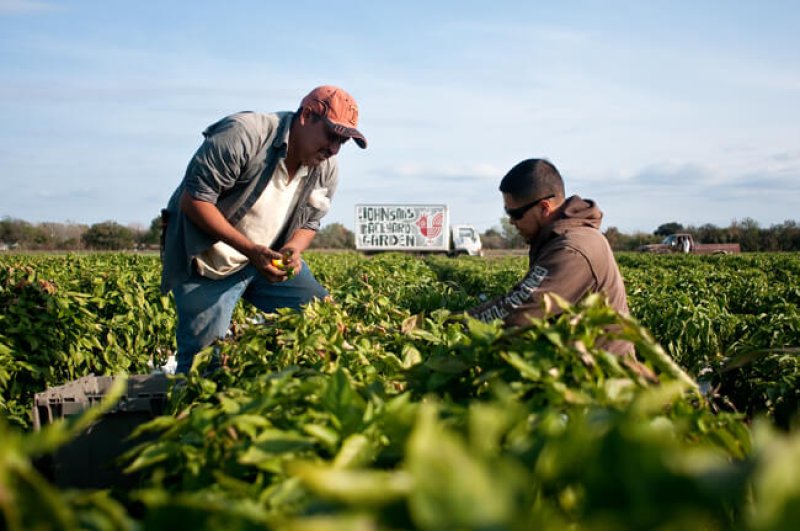When one disparages farms that are organic or ones that use full-on technology, this does not take into consideration the importance of all food systems.
…
Standing in a field of GM canola in Western Australia, we were discussing genetically modified versus non-GM crop production. On this farm, the high salinity of the soil was addressed using saltbush in a natural rotation. The restriction in production was offset with a GM canola variety that yielded more. The combination of natural and technical practices allowed the farmer to thrive.
…
In Southern Australia, I stood in a field of non-GMO canola used in a rotation for production of alfalfa (called lucerne there). The natural untreated crop was integral to production because the compressed legume was exported to Japan, a country which does not tolerate a long list of applications in its imported products.
…
I have come to appreciate the complexity of every farmer’s story. Arguing against GM, conventional, or organic farming is moot. We must always allow farmers and societies both the opportunity of education and the choice of how they want to farm so they can best invest, divest, or initiate change on their farms.
Read full, original post: Farming is not a one-size-fits-all business































